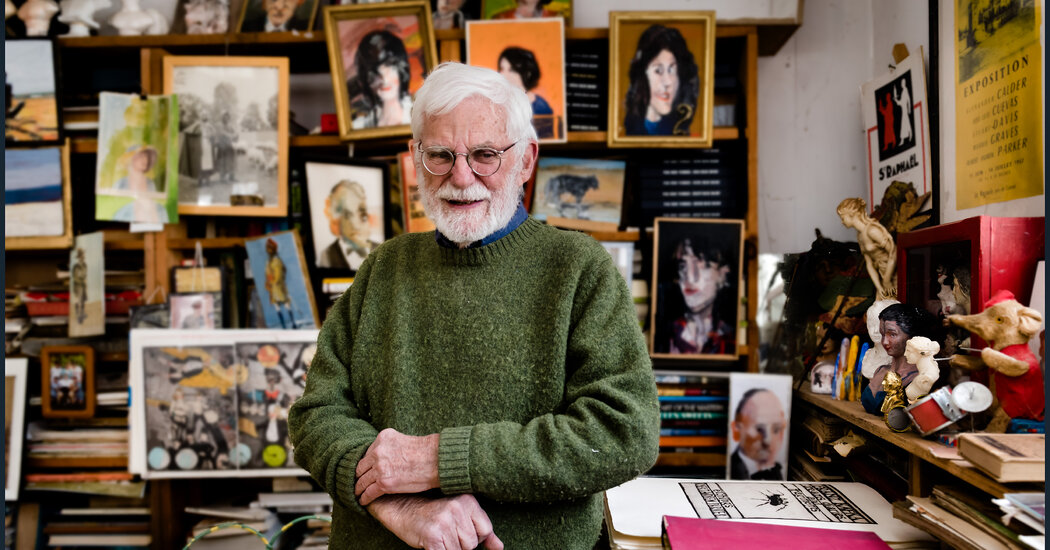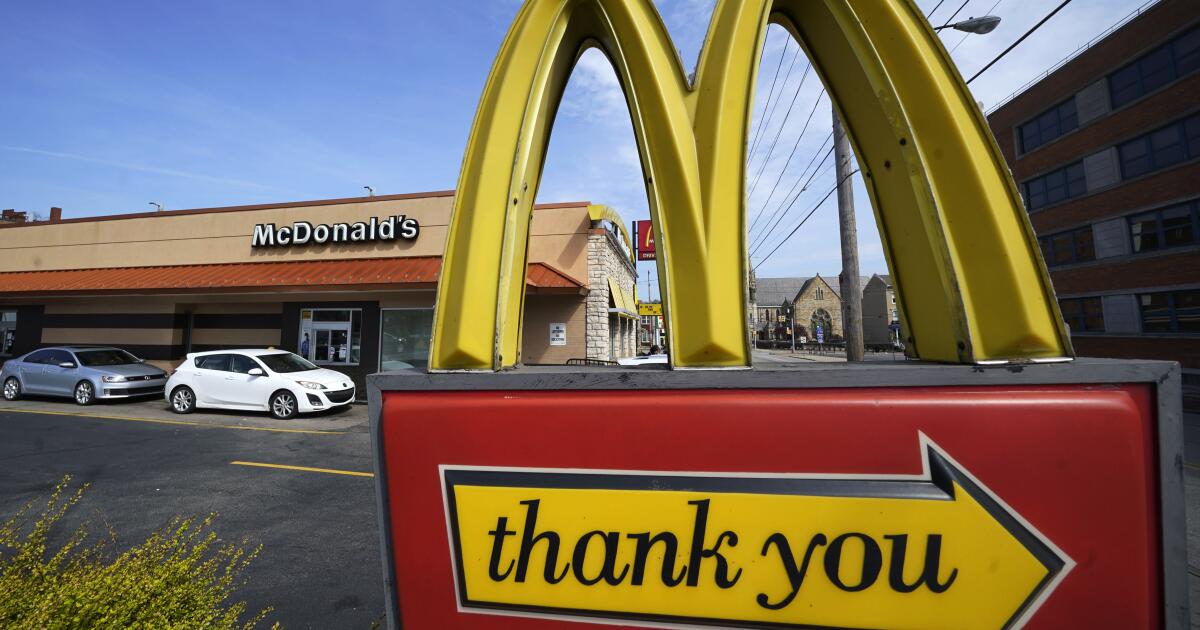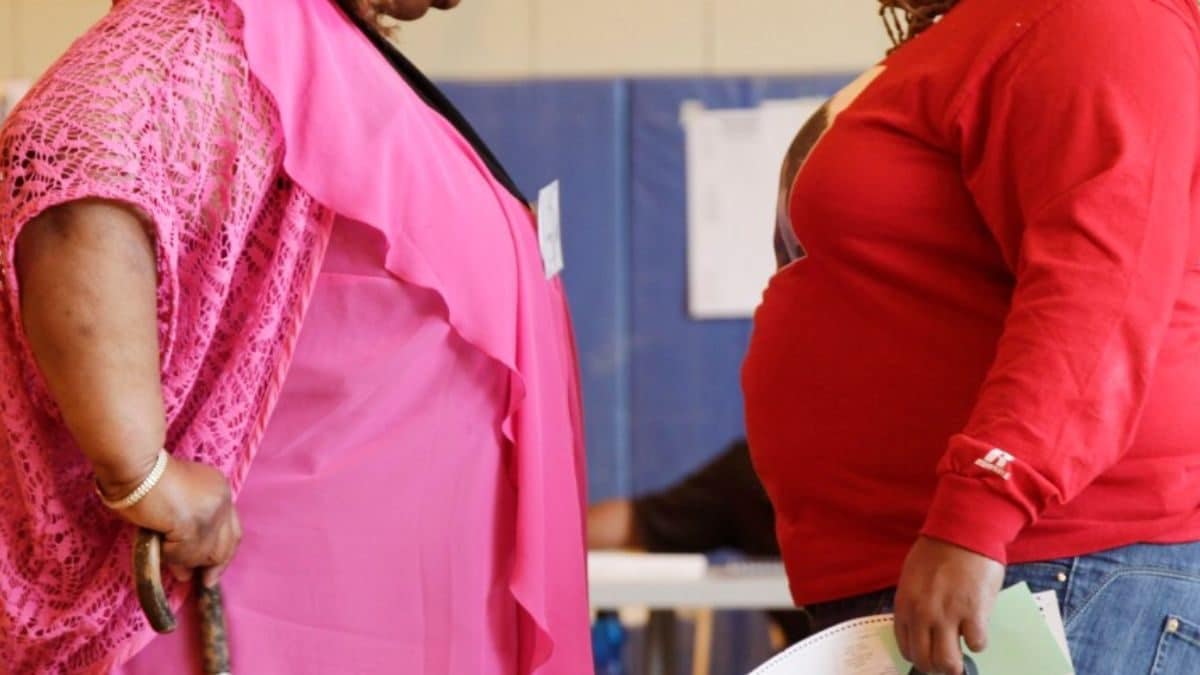Children's mental health is affected due to social media.
Children who use social media for more than three hours a day are more likely to suffer from depression.
Most of our day today starts with social media, be it Instagram, Facebook or WhatsApp. Everything comes to us through social media, be it messages from the office, birthday greetings, pictures from an event or school assignments from the kids. Social media has become so ingrained in our lives that sometimes it seems like life would be incomplete without it. So it is becoming increasingly difficult to live modern life without it. When social media starts invading the lives of children as well as adults, something is seriously wrong. Social media is currently a topic of conversation on how to protect children from its dangers and whether or not to start warning them from the beginning. Dr. Vivek Murthy, Surgeon General of the United States, said in an interview that stopping children from using social media would preserve their youth. He claimed that children’s mental health is being affected as a result. Social media apps should come with warnings, just like cigarettes and alcohol.
According to a 2019 American Medical Association research, children who use social media for more than three hours a day are more likely to suffer from depression. According to a Gallup poll, children use social media for five hours a day. Adults use social media to such an extent that they are visible online 24 hours a day, in addition to young people. A Pew Research Center survey estimates that 378 million people worldwide used social media in 2021. 84% of these users were between 18 and 29 years old.
Psychiatrist Priyanka Srivastava believes that just like alcohol and tobacco, social media addiction is becoming more common. When people use it, they feel good. This is because using social media causes their bodies to emit the pleasure hormone dopamine, which keeps people glued to this platform.
Psychiatrist Dr Rajiv Mehta of Sir Ganga Ram Hospital in Delhi says that social media use has become a “me time” for people. For them, it is a “feel-good factor” but this feeling itself takes them away from reality. They are distancing themselves from their friends and family and have started seeing the virtual world as their own. Unwittingly, they are falling prey to loneliness. Because social media has such a strong hold on them, they find it difficult to interact with others, do not communicate their ideas to others, lack confidence and are more susceptible to anxiety and despair.
According to Dr. Rajiv Mehta, warning and alerting are necessary. People will be more aware of how much they should use social media and how to maintain good mental health if companies issue warnings before users launch the apps. It is safe to use social media for 2.5 to 3 hours, according to numerous researches. Because people are often unaware of how much time they have spent on social media, they will also start avoiding it if the alert starts flashing on their phone after three hours.
In every home, a rule should be established that prohibits the use of mobile phones for three hours in the morning, as well as during breakfast, lunch and dinner. Mobile phones should be kept out of the bedroom on Sundays when the whole family is present. Mobile phones should not be allowed in the bedroom. Refrain from sharing pictures of happy private moments on social media. Through self-improvement, the negative consequences of social media can be avoided.












